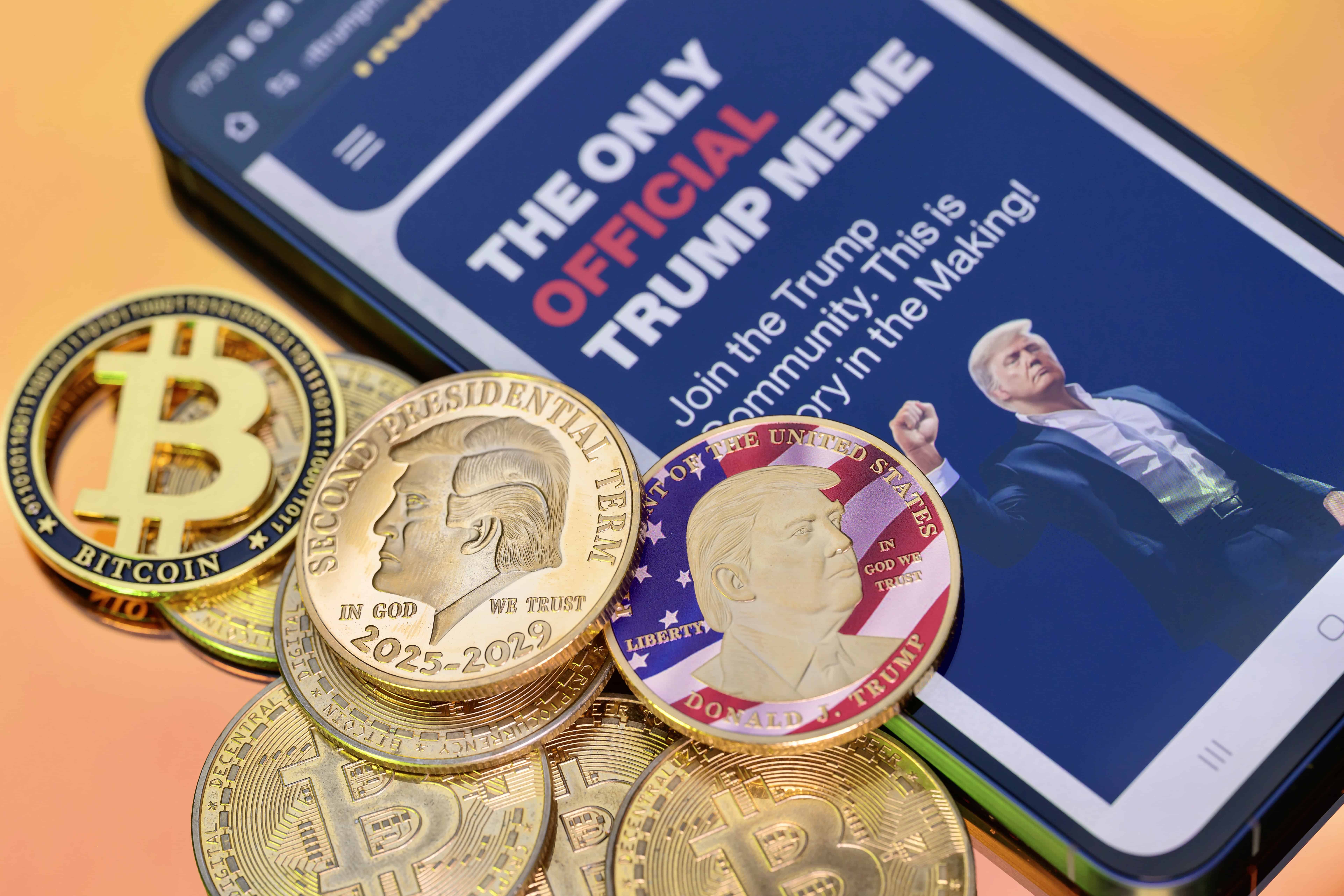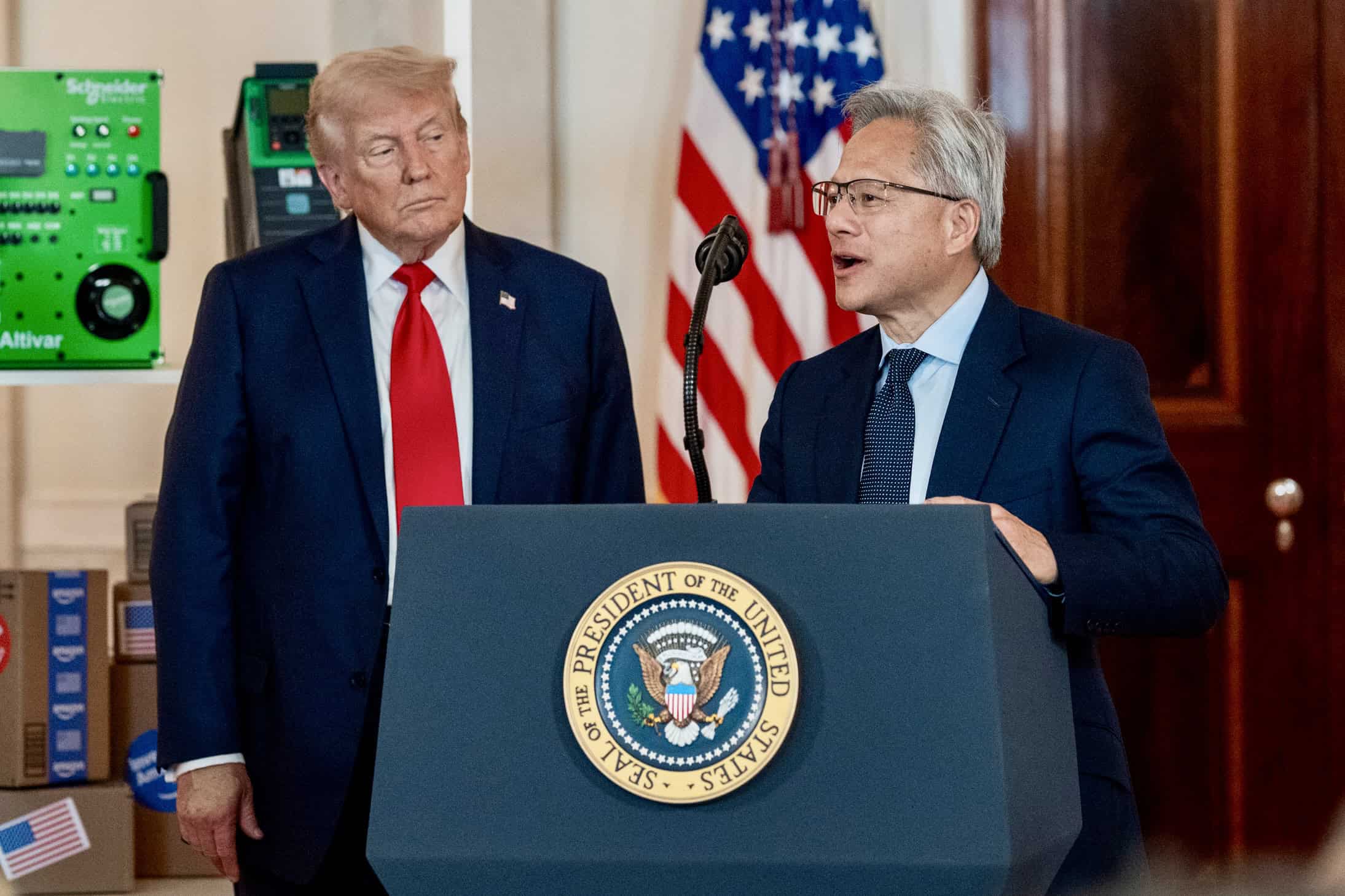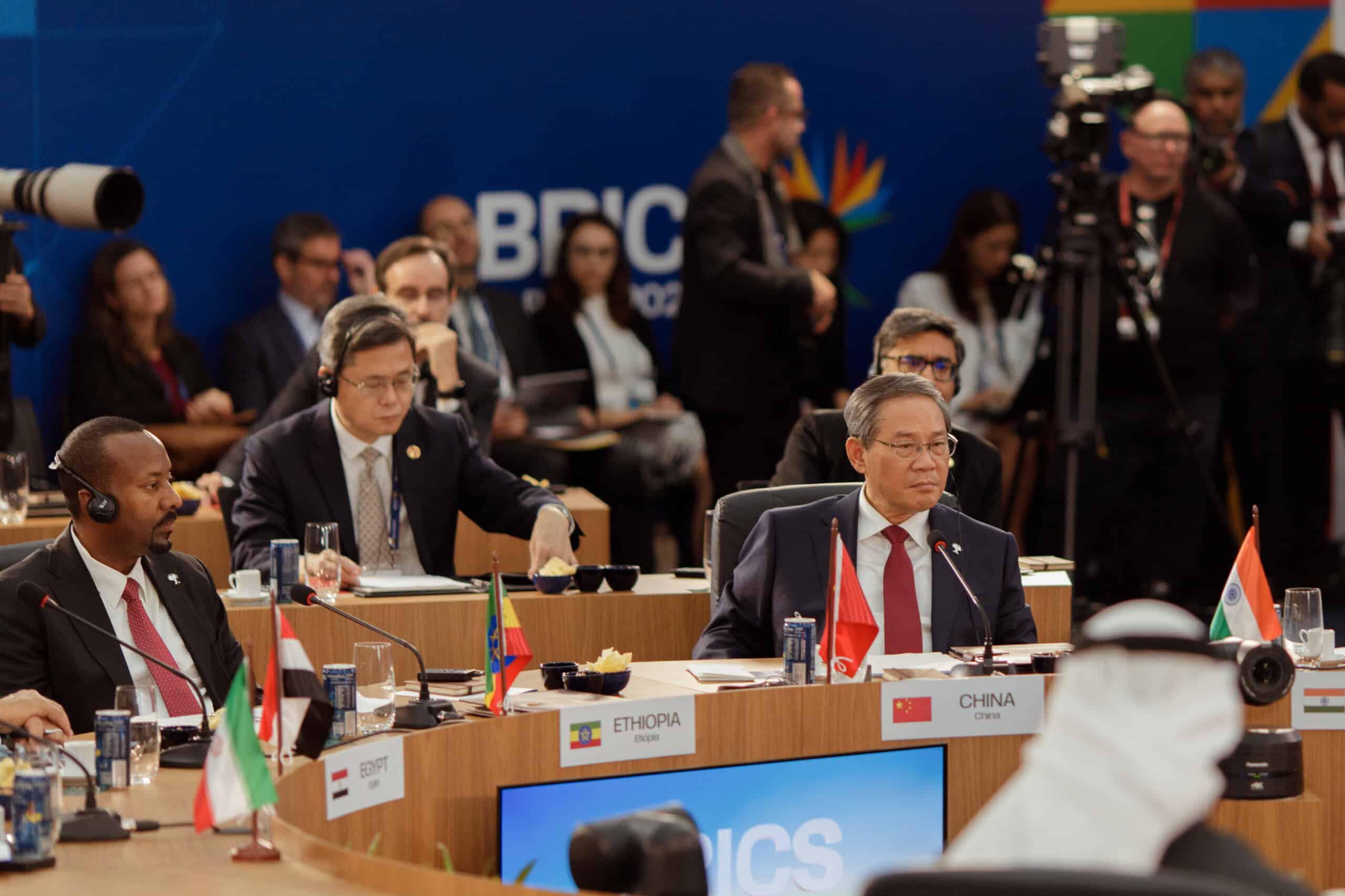Good evening. In April, President Trump signed an executive order that sent shockwaves around the world. The order aims to spur seabed mining for rare earth minerals in international waters — in defiance of an international moratorium on the activity. But a move made a few months earlier by China garnered much less attention, when the Chinese government signed a cooperative exploration agreement with the Cook Islands in the South Pacific. The diplomatic coup, writes Sean Williams, drove a wedge between the Cook Islands and New Zealand, with which it has loose constitutional ties. It could also eventually lead to Chinese mining in the Cook Islands’ vast exclusive economic zone, or EEZ, that covers an area the size of Mexico. The two moves highlight how the U.S. and China’s intense rivalry now extends from outer space to the bottom of the oceans.
Also in this week’s issue: The Big Picture looks at GD Culture Group, a China-linked, Nasdaq-listed company that is helping to enrich the Trump family; Eliot Chen on tracking Nvidia’s coveted chips; Patrick McGee, author of Apple in China, on why he will probably never be invited to visit Apple’s headquarters in Cupertino, California again; and Mike Kuiken and Randall Shriver on how the Trump administration can fix a broken export controls regime. If you’re not already a paid subscriber to The Wire, please sign up here.
Want this emailed directly to your inbox? Sign up to receive our free newsletter.

Hidden Treasures
At the time, few people took note of Mark Brown’s presence at the February opening of the Asian Winter Games in China’s frigid northeast. The prime minister of the Cook Islands was not in Harbin for the sport, writes Sean Williams. Instead he had travelled far from his tropical home to sign a bold cooperation agreement with his Chinese hosts, potentially allowing them access to his island’s subterranean riches.

The Big Picture: Trump Cryptocurrency’s Big Investor Has Extensive China Ties
The Chinese government has made clear its displeasure with being the primary target of President Trump’s “Liberation Day” trade war. So it would follow that President Xi would be similarly unhappy with China-linked companies and executives enriching his adversary by buying and promoting Trump family-linked cryptocurrencies. But buy they do. In this week’s Big Picture, Noah Berman looks at Nasdaq-listed GD Culture Group, which recently announced plans to buy $300 million worth of Trump cryptocurrency.

To Track or Not to Track: The Latest Question Unsettling America’s AI Chipmakers
The U.S. government has restricted sale of certain high-grade semiconductor chips, especially powerful ones produced by the likes of Nvidia and AMD, to Chinese entities. But if a chip is sold to, for example, a company in Singapore or Malaysia, how can U.S. authorities ensure that it stays there and does not end up in China? A new bipartisan Congressional bill would put the onus on chipmakers, Eliot Chen writes, by requiring them to come up with ways to geolocate their products remotely.

A Q&A with Patrick McGee

After postings to Hong Kong and Germany for the Financial Times, Patrick McGee found his true calling in San Francisco — covering Apple. The culmination of that beat was his new book Apple in China: The Capture of the World’s Greatest Company, published earlier this month.
On May 18 The Wire China published an article based on the book, about how Apple was blindsided by the rapid development of its Chinese competitors, most notably Huawei. In this week’s Q&A with Noah Berman, McGee looks back on his research and his conclusions, which Apple hated but Jon Stewart loved. Apple’s alleged Faustian bargain with the Chinese Communist Party still puzzles him. “You wouldn’t sell F-35 jets to China,” McGee tells Berman. “Why are we sending America’s best engineers [to train Chinese engineers]? … That seems like a weird strategy.”
Patrick McGee
Illustration by Kate Copeland

America’s Digital Iron Curtain Needs an Urgent Overhaul
Can the U.S. hold back the rapid pace of technological development in China? Recent evidence suggests not. Each new hurdle that the Trump and Biden administrations tried to put in front of China’s domestic champions only seemed to inspire them to find new ways to get over and around them. Mike Kuiken and Randall Shriver suggest a new approach.
Subscribe today for unlimited access, starting at only $19 a month.



